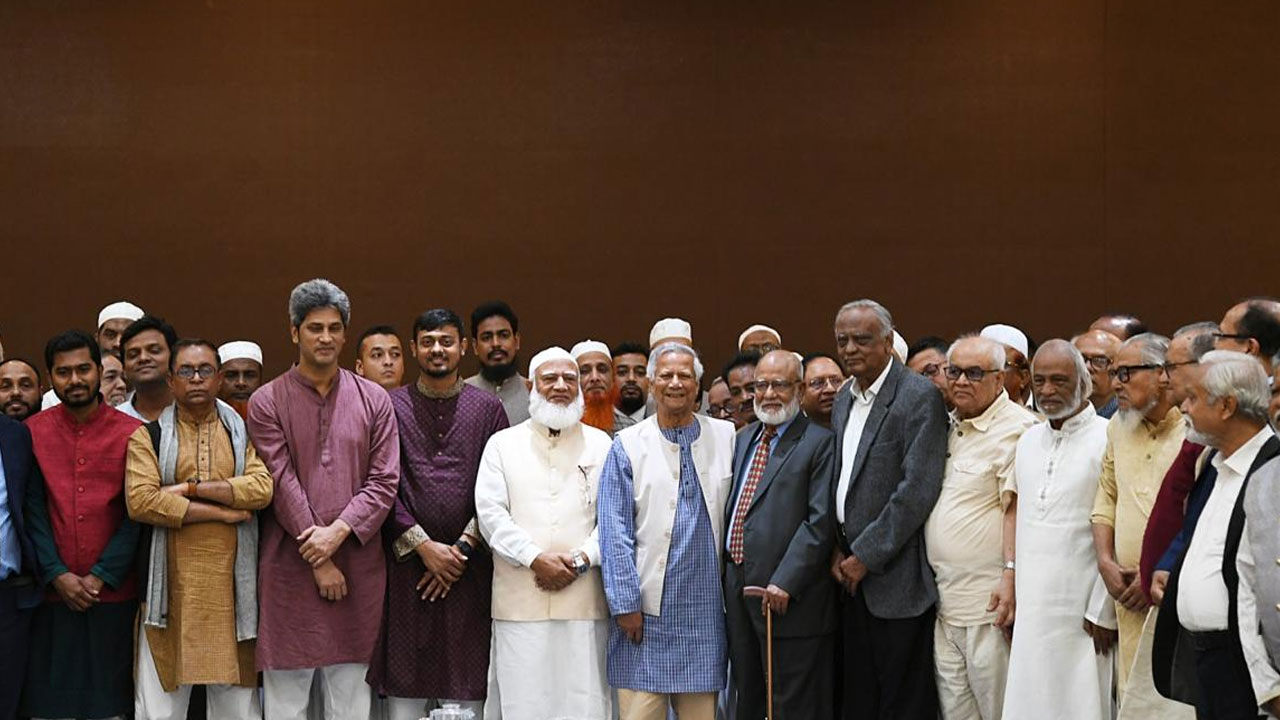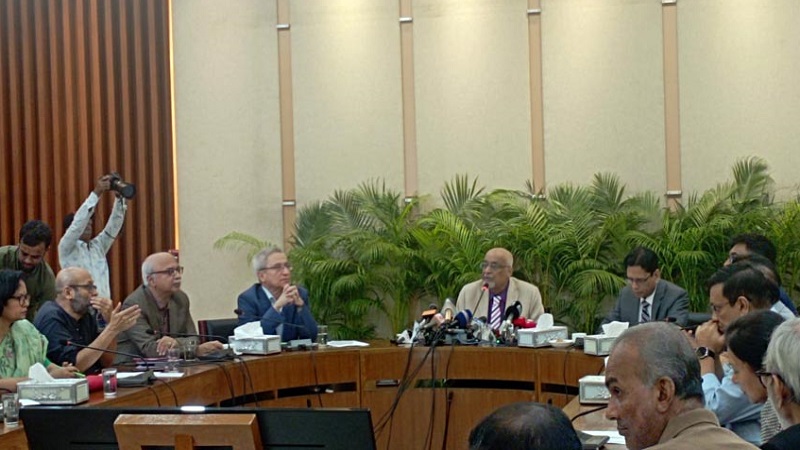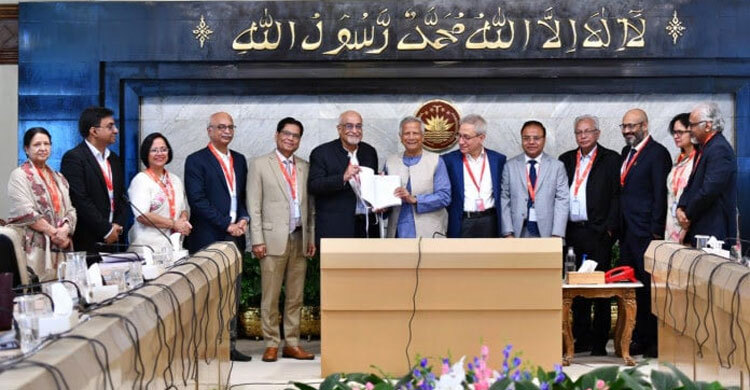The High Court in a full verdict about a writ petition relating to torture of domestic help Khadiza, 12, by her employer in 2010 said on Wednesday that the law made the National Human Commission a ‘toothless tiger’ to some extent.
The verdict also said that the law enforcing agencies, RAB and police in particular, were allegedly the main violators of human rights.
A bench of Justice Sheikh Hassan Arif and Justice Razik Al Jalil in the verdict also said that section 18 of Bangladesh National Human Rights Commission Act gave the law enforcing agencies protection from any enquiry or investigation by the commission regarding their alleged violation of human rights by staging fake encounters and forced disappearances as reported by different print and electronic media.
The court said that the commission under Section 18 can only seek report from the government and send recommendations after receipt of such report.
The government, after receipt of such recommendations, shall inform the commission as regards steps taken by it.
The court however issued nine directives to the commission in disposing any complaints of human rights violations.
The High Court asked the commission to use its power under Section 16 of the commission law in respect of any investigation or inquiry even when such investigation or inquiry is necessary before sending any recommendation to the government under Section 18 in respect of alleged violations of human rights by the law enforcing agencies and/or their members.
The court also directed the commission to file a writ petition in the High Court Division seeking appropriate orders on the government officials, whenever it was found that such government officials or agencies were not complying with the lawful directions of the commission.
The court directed the commission to work out a modus operandi to issue certified copies of its orders in any proceedings to the parties of such proceedings and/or human rights organisations and organisations like the petitioner.
In Khadiza’ case, the court found that the commission miserably failed in performing and discharging its statutory responsibilities by delaying the proceedings.
The court directed the commission to pass order in any proceeding by explicitly naming the member or members in clear terms who were passing such orders and it was further directed not to pass any order by merely putting an initial under the order.
‘This sort of orders by giving only initials by one of the members is not expected of the commission when the commission is mandated by law to act either as commission under Section 11(3) of the Act or through its Chairman, Member or Secretary, being authorised by the commission under Section 28 of the Act,’ said the court.
Earlier on November 11, 2019, the High Court in a brief verdict directed the commission to dispose of the complaint case regarding Khadiza’ torture within a period of 60 days upon hearing the parties.
The court in the full verdict said that if it was found that the allegations of violation of human rights had substance and such allegations have been suppressed by the police or other officials, commission should recommend for awarding appropriate compensation in favour of the victim to be paid by the government in view of the provisions under Section 19 of the said Act.
The court gave verdict after hearing the writ petition filed by Children’s Charity and its Chairman Abdul Halim.
He said domestic help Khadija was brutally tortured by her employee Shafiul Azam at Paikpara area in Mirpur in 2010.
The court found that the home ministry submitted a report before the court supporting Mirpur police station’ report that no incident of torture had taken place involving Khadiza although Dhaka Medical College Hospital reported that she had been tortured.
















